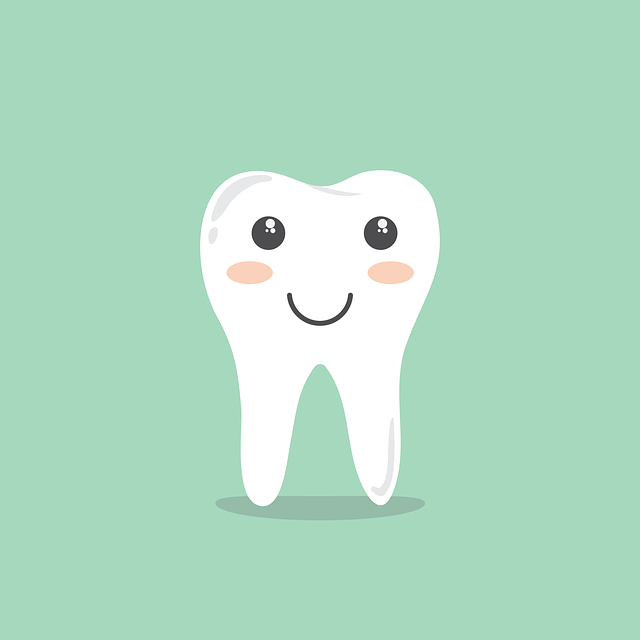Teeth grinding, clinically known as bruxism, is a common condition that affects many individuals, often occurring during sleep. This involuntary action can lead to various dental problems, including worn-down teeth, jaw pain, headaches, and even temporomandibular joint (TMJ) disorders.
One of the most effective solutions for managing bruxism is using mouth guards, specifically designed to protect the teeth from the damaging effects of grinding.
Mouth guards are custom-fitted or over-the-counter dental devices worn over the teeth while sleeping. They create a barrier between the upper and lower teeth, helping to prevent direct contact and thus reducing the wear and tear on the teeth. Additionally, mouth guards can help alleviate the discomfort associated with jaw clenching, providing a more restful night’s sleep.
The benefits of using mouthguards extend beyond mere protection; they can also aid in reducing the frequency and intensity of teeth-grinding episodes. For many individuals, mouthguards have proven to be a crucial part of managing bruxism, allowing for better dental health and improved quality of life.
Who Should Use Mouth Guards?
Mouth guards are particularly recommended for individuals diagnosed with bruxism or those who frequently experience teeth grinding or jaw clenching. Factors that can contribute to bruxism include stress, anxiety, misaligned teeth, and certain lifestyle choices such as alcohol consumption and smoking. Those who wake up with jaw pain, headaches, or sore teeth may also benefit from using a mouth guard.
In some cases, children may also experience bruxism, and while the condition often resolves on its own, a mouth guard can help protect their developing teeth. Consulting with a dental professional is essential for anyone considering a mouth guard, as they can provide tailored recommendations based on individual needs and conditions.
Choosing the Right Mouth Guard
When selecting a mouth guard, it’s crucial to consider factors such as fit,…
Read the full article here

Leave a Reply